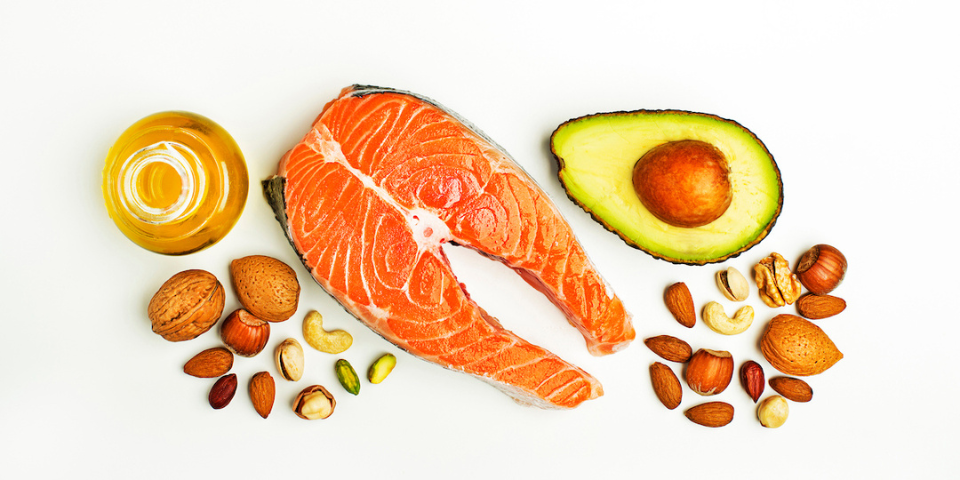With the evolution of nutrition knowledge, we now understand the importance of including fat in our diets. Fatty acids, such as omega-3s, play a crucial role in our overall health and well-being.
So, what exactly are fatty acids, and how do they differ from regular fat? Let's delve into the details.
Understanding Fatty Acids
Fatty acids are essential components that make up fats. They play a vital role in various bodily functions, including cell membrane support, energy storage, and hormonal regulation. According to Brittany Linn, RD, CDN, owner of B. Linn Nutrition in New York City, fatty acids can be categorized as saturated or unsaturated based on their chemical structure.
Saturated fats are commonly found in animal products and certain plant-based oils. While saturated fats should be consumed in moderation due to their potential impact on heart health, monounsaturated fatty acids (MUFA) and polyunsaturated fatty acids (PUFA) are considered "healthy fats" that offer numerous health benefits.
Among the various types of fatty acids, omega-3, omega-6, and omega-9 are particularly renowned for their positive effects on health.
Types of Fatty Acids and Their Benefits
Omega-3, omega-6, and omega-9 fatty acids each have unique properties and benefits. Omega-3 fatty acids, primarily derived from plants and fish, are associated with improved heart and cognitive health. Omega-6 fatty acids, commonly found in the standard American diet, also contribute to heart and brain health. Omega-9 fatty acids, although less talked about, offer numerous health benefits and are worth incorporating into your diet.
Optimal Fatty Acid Intake
Fats should constitute around 30% of your daily caloric intake, with an emphasis on healthy fats like omega-3, omega-6, and omega-9 fatty acids. It is essential to limit saturated fats and avoid trans fats entirely for optimal health.
Top Food Sources of Fatty Acids
Omega-3, omega-6, and omega-9 fatty acids can be found in a variety of foods. It's important to include sources rich in these fatty acids in your diet to ensure adequate intake. Here are some top sources for each type of fatty acid:
Omega-3 sources:
- Fish and seafood
- Flax seeds and flaxseed oil
- Chia seeds
- Walnuts and walnut oil
Omega-6 sources:
- Grapeseed oil
- Soybean oil
- Corn oil
- Walnuts and walnut oil
- Firm tofu
- Sunflower seeds
Omega-9 sources:
- Olive oil
- Cashew nut oil
- Almond oil
- Avocado oil
- Peanut oil
Integrating these sources of fatty acids into your diet can have a positive impact on your overall health and well-being.
